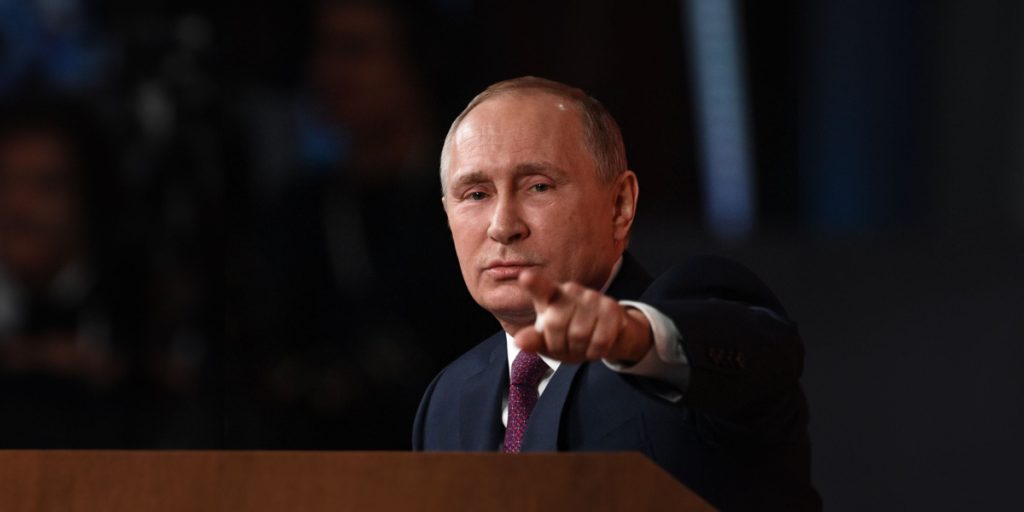Marina Litvinenko: “The West Should Not Recognize Putin as President” After Russian Elections.
Others are reading now
Marina Litvinenko, widow of the former Russian spy Alexander Litvinenko who was famously poisoned in London in 2006, voices concern over the systematic silencing of opposition in Russia through killing, amid the upcoming presidential elections in the country. She advocates for the non-recognition of Putin’s election by Western countries as a form of support for those who have no alternative but to vote for Putin.
“These are not elections, but a reappointment of Putin. However, since the Russian authorities call it elections, the West should not recognize them nor should it recognize Putin as president. I understand it poses diplomatic problems, but we need to find a way to convey to Putin that we do not want to be part of his game. We should try to do something to support the people in Russia and abroad,” insists Marina Litvinenko according to Niezalezna.
She explains that many in Russia vote for Putin not out of genuine support but due to a lack of choice; not recognizing his election by Western countries would be a form of support for these individuals. The presidential elections in Russia are scheduled for March 15-17.
Also read
Litvinenko acknowledges that the non-recognition of the 2020 presidential election results in Belarus by Western countries did not bring about significant change in the country. However, she argues this is because it was not followed by more concrete support for the opposition. “(Alexander) Lukashenko was not recognized as the winner, but there wasn’t much support – Belarusians continued to be tortured and killed. And they tried to change peacefully.
Belarus is always a step ahead of what’s happening in Russia, and Putin believes that everything happening in Belarus can later be easily implemented in Russia,” she says.
Litvinenko, who met with journalists from the Foreign Press Association (FPA) in London last week, also referred to the death of Russian opposition figure Alexei Navalny, stressing that Putin is responsible, just as he was for poisoning her husband.
“The death of Alexei Navalny is not just a tragedy for one person or one family, but for all people in Russia who believed that someday things could change, as well as a tragedy for millions of Russians now abroad who also don’t know what the future holds,” she emphasizes.
She points out that debating whether Navalny was killed or died naturally misses the point, as his death was the culmination of previous events, similar to the case of Alexander Litvinenko.
“My husband was poisoned on November 1 (2006), previously there had been two attempts to poison him, and he died on November 23. Was it murder? Yes. And it cannot be said he died because his organs failed. The same applies to Alexei Navalny. He was tortured for the last year and a half since being in prison, and even before that, there was an attempt to poison him in August 2020. So, this should end the debate on whether he was killed or just died,” she explains.


